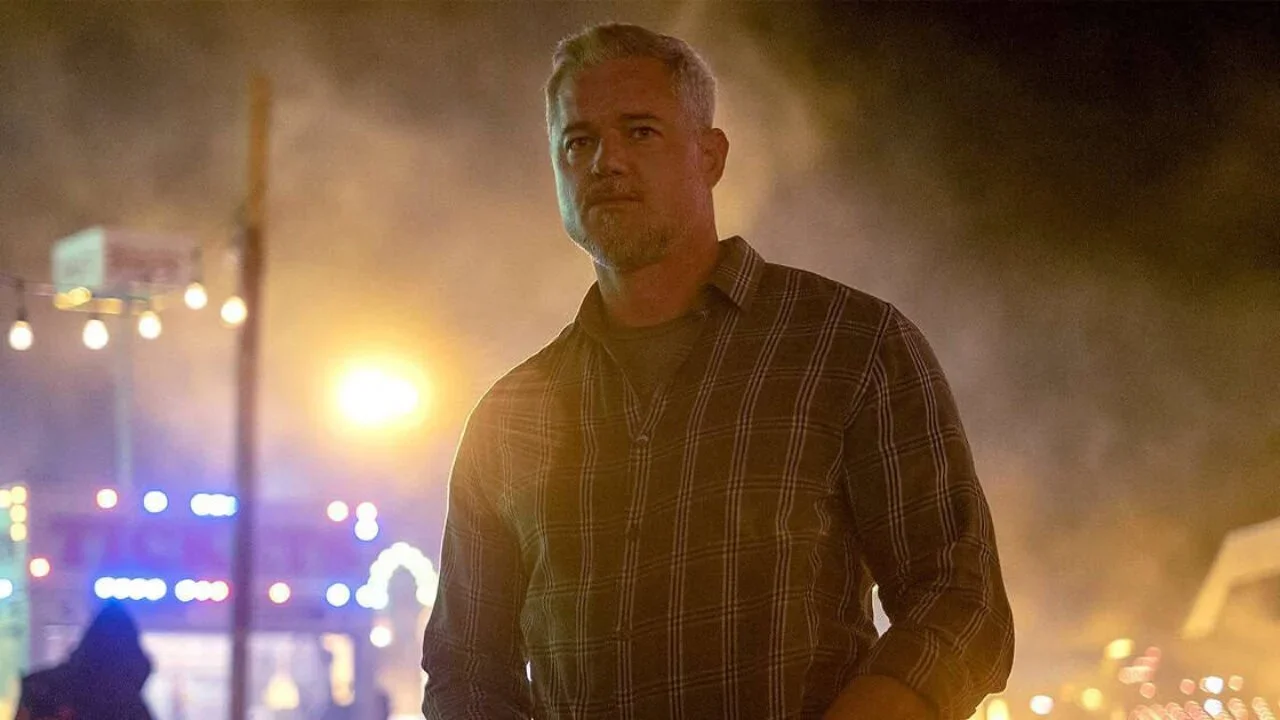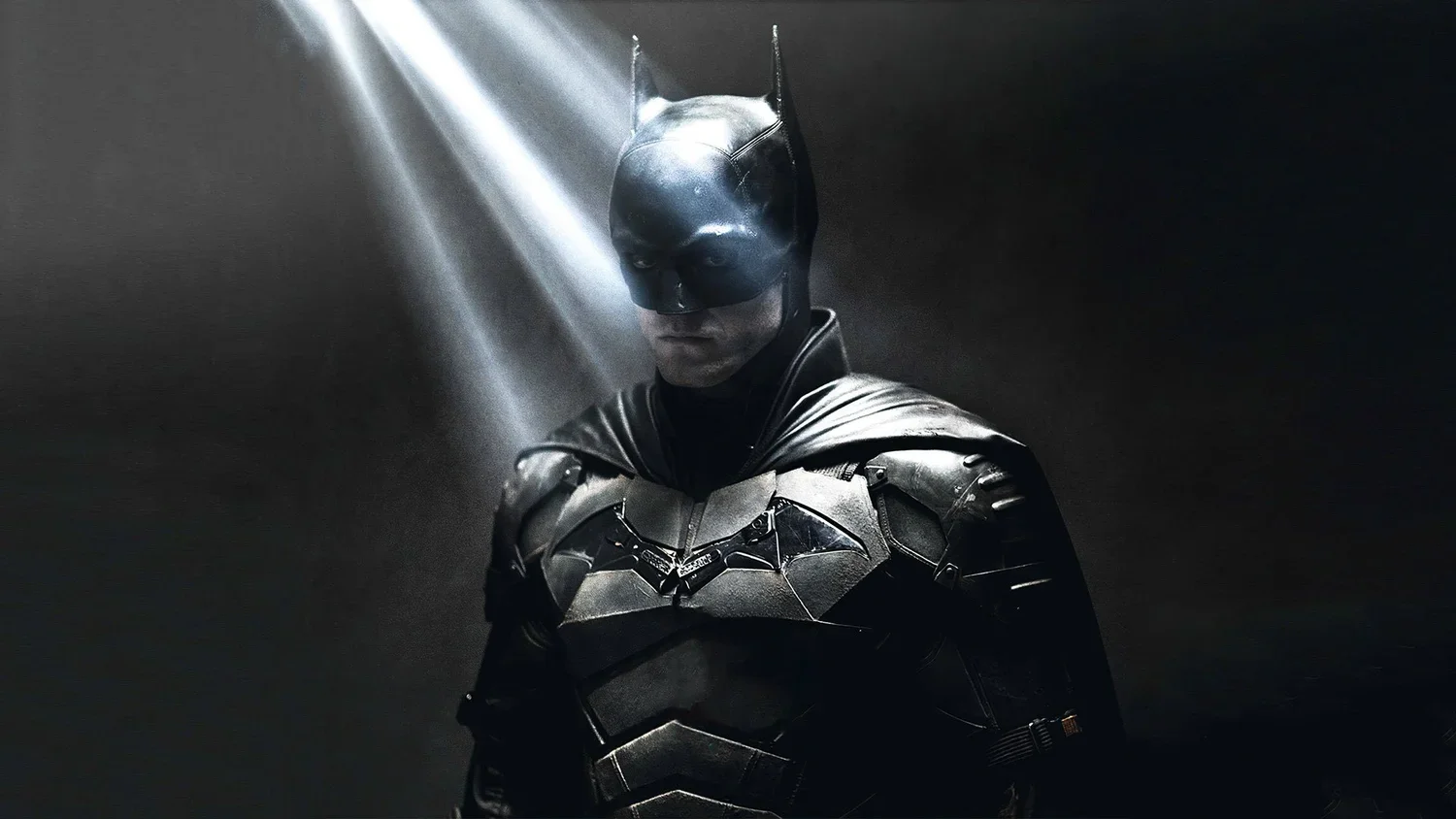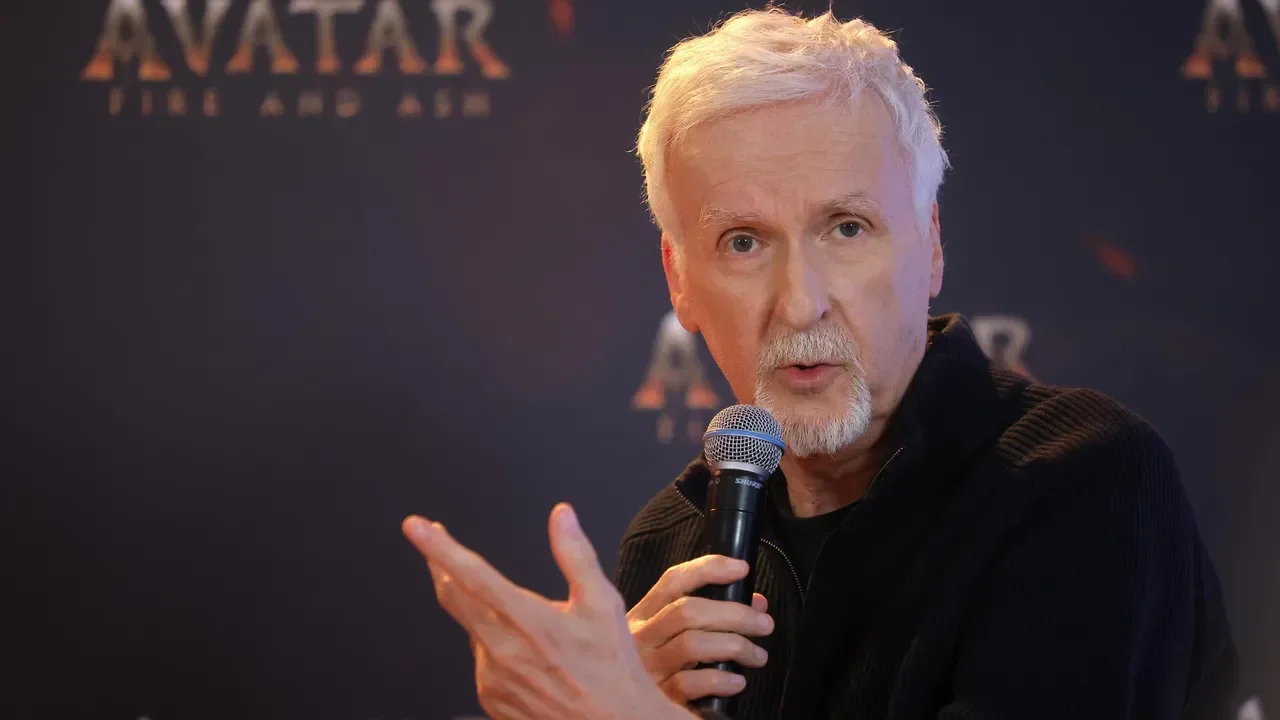Luthen's Tactics In 'Star Wars: Andor' Are Reminiscent Of World War II Codebreaking
Image Source: Gizmodo
Star Wars: Andor is reaching levels of intensity viewers could only imagine. The glimpses into the gritty beginning years of the Rebellion enhance the experience and understanding of Rogue One, and even the original trilogy. This is due, in part, to the increased focus on the subversive tactics and strategy of the Rebellion at this early point in the conflict. Luthen’s surveillance and intelligence work are reminiscent of other notable films, even those based on history. One point in particular directly mirrors a crucial juncture in the film The Imitation Game, which is based on Alan Turing and the Bletchley Park codebreakers of World War II.
WARNING: SPOILERS FOR ANDOR
In the ninth episode of Andor, the Empire captures a pilot in the employ of Anto Kreegyr, a militant Separatist who survived the Clone Wars and continues to fight the Empire. This pilot gives the Empire intel about an upcoming raid on Spellhaus, led by Kreegyr. In a brilliant move by ISB agent Dedra Meero, the Empire makes the pilot’s death look like a technical failure and an accident, giving Kreegyr no reason to suspect a leak or call off the raid. However, we learn in the next episode that Lonni Jung, an ISB supervisor under Meero, is actually an undercover Rebel informant. He tells Luthen that the Empire knows of the Spellhaus raid, and that Kreegyr’s men would be slaughtered if they go through with it. In other words…it’s a trap.
RELATED:
Luthen is faced with a choice. He could call off the raid and save Anto Kreegyr and his 30 men, but with so few Imperials privy to that intel, it would almost certainly alert the Empire that Jung was a spy. On the other hand, he could let Kreegyr and his crew go forward with the raid, ensuring that his spy would remain in place to provide future intel.
Image Source: Rotten Tomatoes
This is the moment that mirrors The Imitation Game. After years of hard work building a machine that could decipher German Enigma code, Alan Turing (played by Benedict Cumberbatch) and his team finally crack it and are able to intercept German messages. They immediately learn that German U-boats are poised to attack a passenger convoy. Herein lies the dilemma. Do they use the codebreaking intel to save the convoy, and possibly alert the Germans to the fact that their code is no longer secure? Or do they let the convoy be destroyed, letting the Germans think their codes remained unbreakable, betting on the value of future intel?
In the film, Turing immediately chose the latter, explaining that several years of hard work would be wasted if the Germans saw ships and bombers magically swoop in and save the convoy. They would change the settings, or even the machine they used, and the codebreakers would be back to square one. The ethical weight of this decision was intensified by the fact that one of the codebreakers had a brother whose unit was escorting the convoy in question.
The film, of course, was not entirely accurate to real World War II history. The convoy and the brother referenced in that scene were fictional, and the decisions of whether or not to act on the codebreaking intel were made by higher-ranking officials, not the codebreakers themselves. The concept of the dilemma, however, was very real. The Allied forces could not act directly from every piece of intel they intercepted, or the Germans would know they cracked the codes. This often meant that German U-boats were not attacked until the Allies found other reasons to do so.
The Allies found several ways to work around this problem. One was with the use of “spotter” aircraft and submarines, which would patrol areas already known to contain Axis forces. These “spotters” would be seen and heard by the enemy, who would then conclude that their positions were found not by intel leaks, but through normal recon missions. In another instance, after a successful attack aided by codebreaker intel, the Allies sent a congratulatory message to a fictitious spy in Naples to throw the Germans off their scent. Reportedly, it worked.
Image Source: Dork Side Of The Force
Back to the Empire and the Spellhaus trap, could Luthen, like the Allies in World War II, find a cover story or other way to cancel the raid without tipping off the ISB? He seems to think not. But then, why tell Saw Gerrera? Known to be aggressive and unpredictable himself, Gerrera seems an unlikely confidant for such top-secret strategic information. In Rogue One, Mon Mothma says of Gerrera: “His militancy has caused the Alliance a great many problems.” Could this Kreegyr situation be a step towards Gerrera’s alienation from the rest of the growing Rebellion? And if the Rebellion eventually distances itself from Gerrera for a lack of ethics, wouldn’t they need to do the same with Luthen, who is willing to sacrifice thirty men without a second thought?
Hopefully, these questions and more will be answered in the next episode of Star Wars: Andor, which arrives this Wednesday on Disney+.
READ NEXT:
Source(s): History.co.uk, Wikipedia [1], [2]















